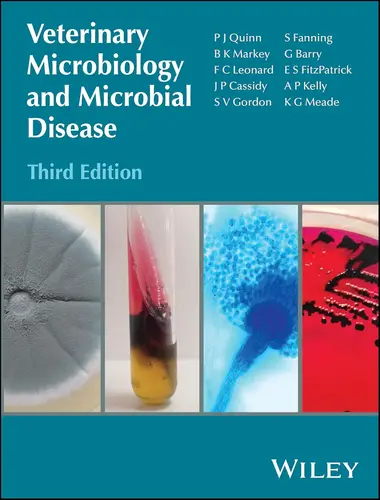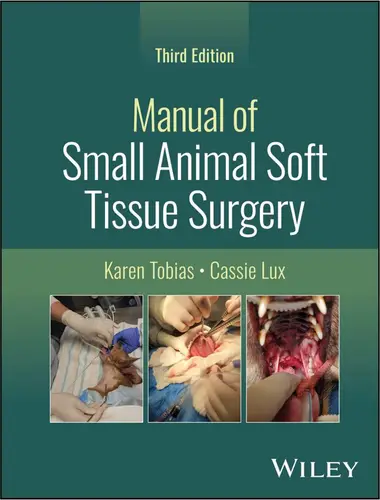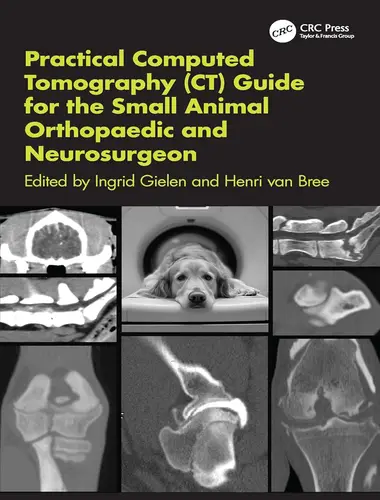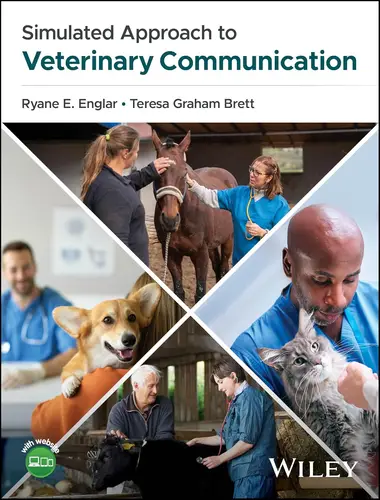A title in the Practical Veterinarian series, this comprehensive, concise reference has been developed by Diplomates of the American College of Theriogenologists to help veterinary students, veterinarians, and veterinary technicians quickly find answers to common questions.
The Practical Veterinarian – Small Animal Theriogenology
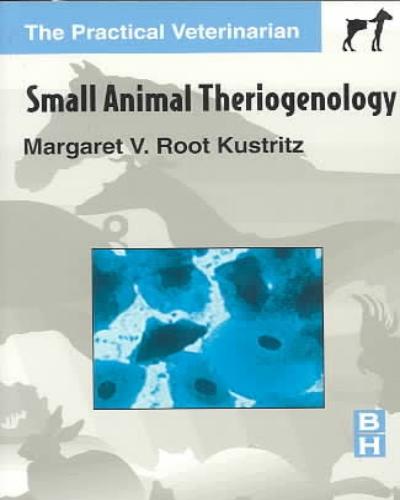
Quick-reference information in an outline format presents the normal reproductive anatomy and physiology, reproductive disorders, and breeding management in dogs and cats. Tables and illustrations further clarify key concepts. This book also serves as an easy-to-understand introduction to veterinary theriogenology touching on all aspects of small animal reproduction, including physiology and pathology of the male and female reproductive systems and the clinical practice of veterinary obstetrics, gynecology, and semenology.
Easy-to-use, pocket sized format keeps key facts within reach in any setting.Outline format makes finding information quick and easy.The ONLY book written on small animal theriogenology for small animal veterinarians designed for quick reference.All content is current and the authors are Diplomates of the American College of Theriogenologists to ensure the most authoritative information, including discussions of regional or national differences in techniques and medications.Coverage of veterinary neonatology presents pediatric content on examining, treating, and feeding neonates that is often overlooked by other texts on the subject.
Topics include breeding management, pregnancy diagnosis and care, pregnancy termination, artificial insemination and preparation of chilled and frozen semen, emerging technologies in veterinary reproduction, and diseases of the reproductive tract including vaginitis, prostate disease, and pyometra Includes a chapter on infertility, an area of growing concern for pet owners and breeders.
As theriogenologists, we strongly recommend that all animals being considered for breeding undergo a thorough pre-breeding examination to include testing for brucellosis in dogs; assessment for heritable conditions with hip radiographs, certification of the eyes, and other tests specific to the breed; a complete physical examination; and semen evaluation of males. Many animals should not be bred. If an animal’s health will suffer from remaining sexually in tact or if that animal is unlikely to produce superior offspring, it should be neutered. Theriogenology is not about breeding animals at any cost; instead, it is about educating clients about how best to manage breeding and reproductive conditions of animals. Theriogenologists have been at the forefront of efforts to curb pet overpopulation and continue to research how best to treat reproductive tract disease in all animals, intact or neutered.
[expand title=” “]
[/expand]
Password: pdflibrary.net



